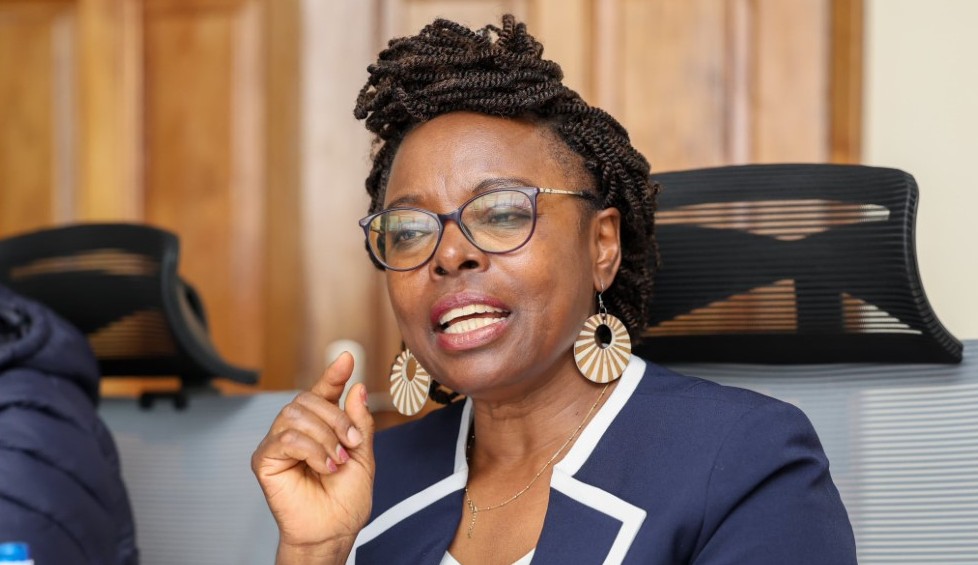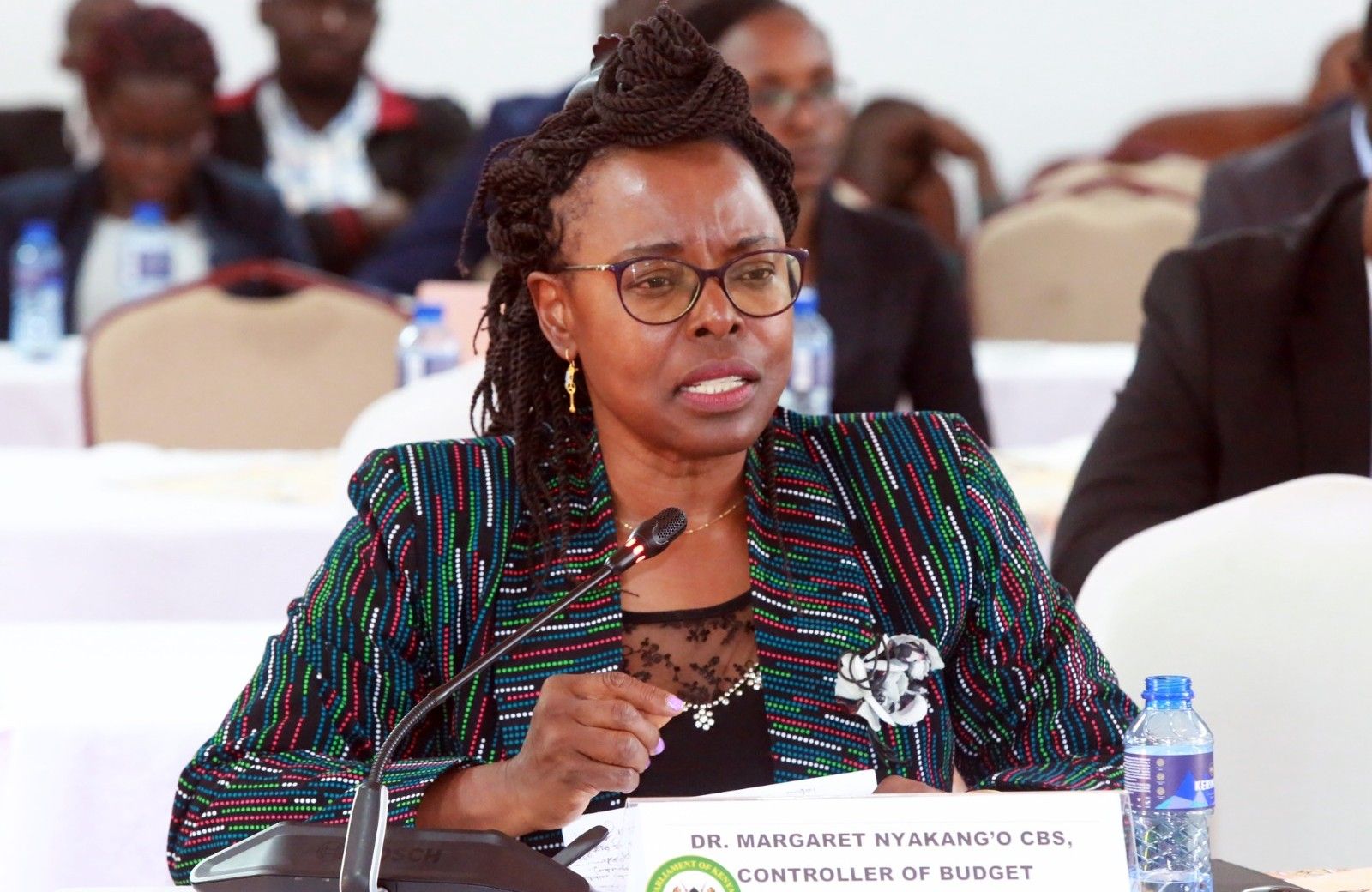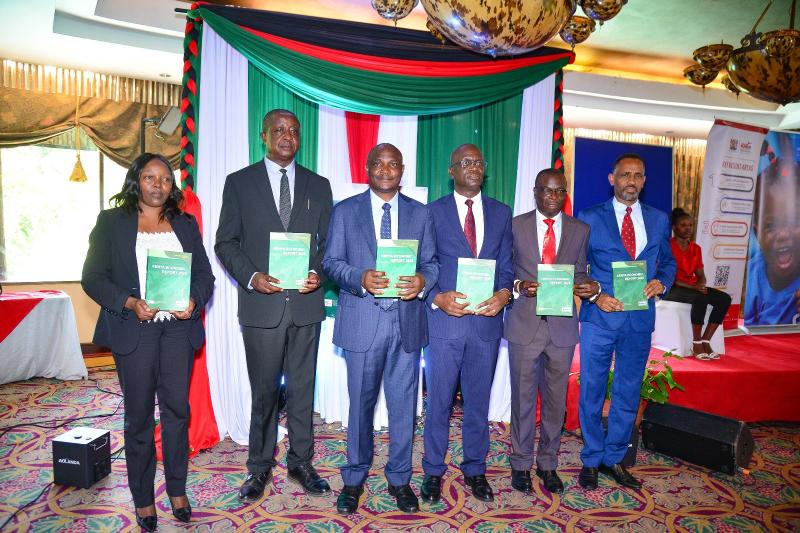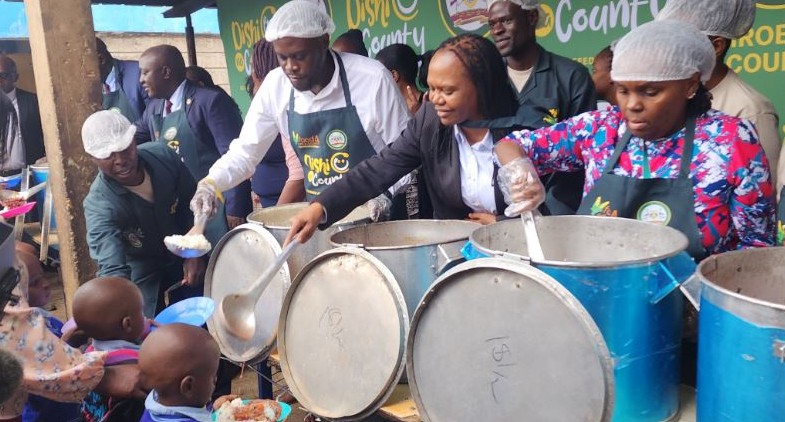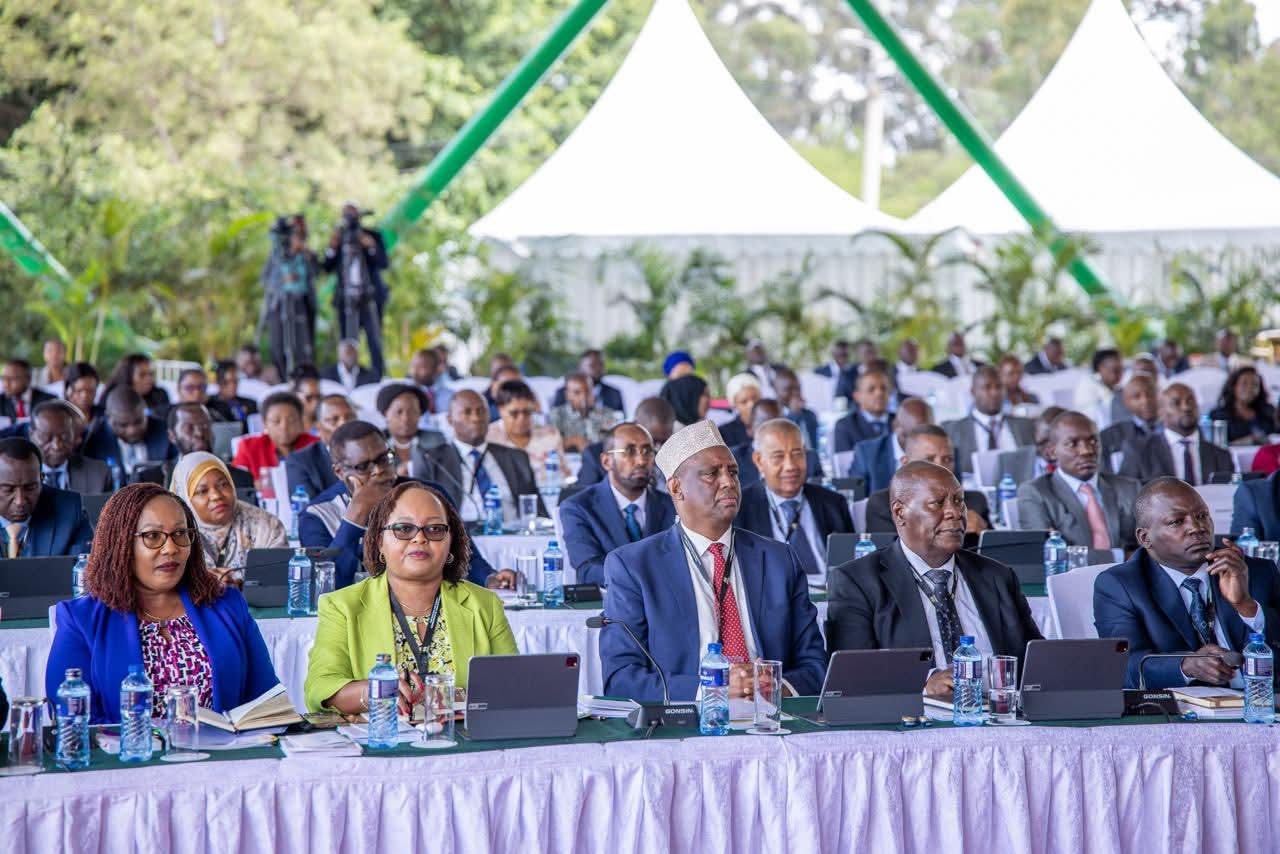Mutahi Kagwe: Only locally developed GMOs will be allowed in Kenya
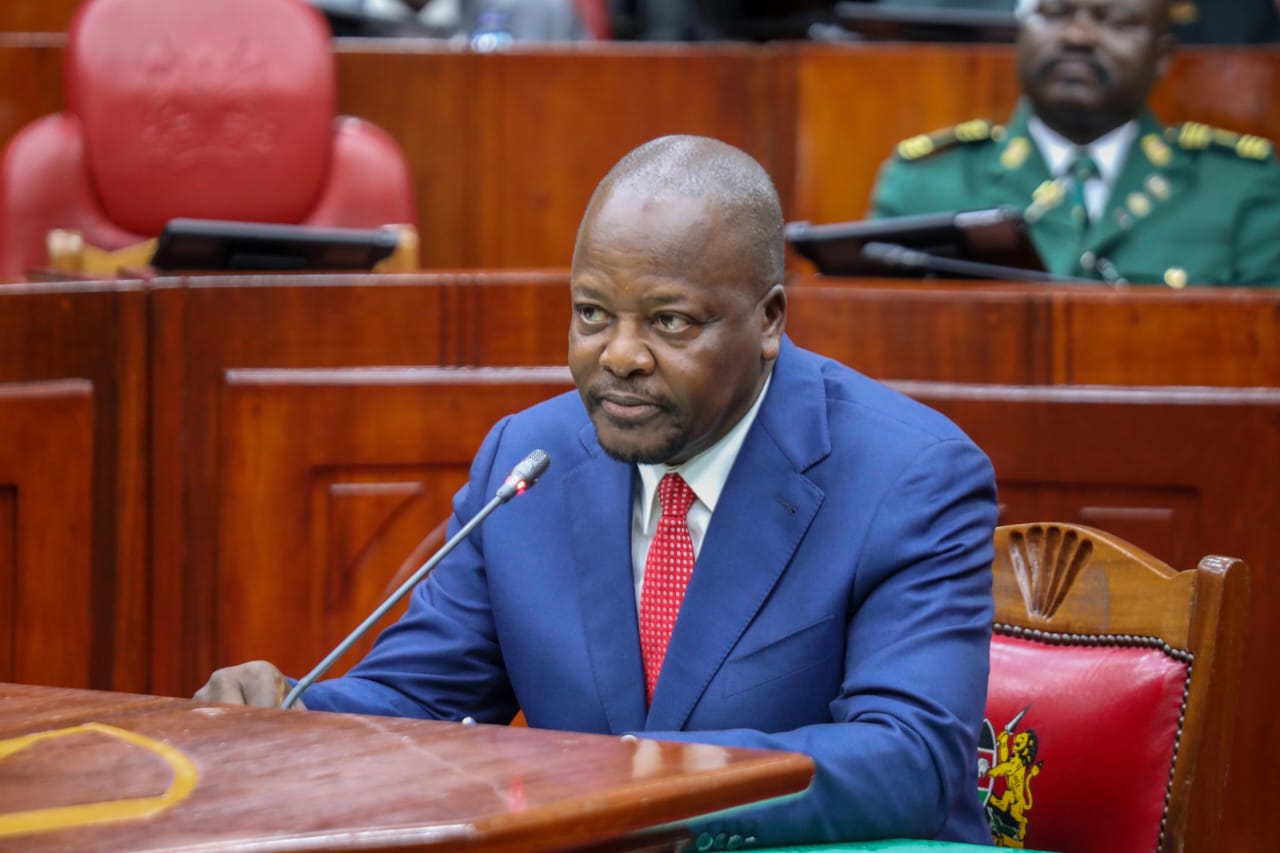
His comments come against the backdrop of ongoing debates on GMOs in Kenya. In October 2022, the government lifted a decade-long ban on biotechnology foods introduced by late President Mwai Kibaki in 2012 and maintained under his successor, Uhuru Kenyatta.
Agriculture Cabinet Secretary nominee Mutahi Kagwe has vowed to restrict the use of genetically modified (GM) crops in Kenya to those developed by local scientists if his appointment is confirmed.
Speaking on Tuesday during his vetting, Kagwe stressed his commitment to banning the importation of GM seeds, highlighting the importance of bolstering domestic innovation to enhance the agricultural sector and reduce reliance on foreign imports.
More To Read
- CS Kagwe announces policy overhaul for sugar, tea and miraa to protect farmers’ earnings
- CS Kagwe urges bold reforms in agriculture sector as Intergovernmental Agriculture Forum opens in Naivasha
- CS Kagwe orders integrated pest management to save macadamia nuts
- Government targets illegal seed dealers in bold move to safeguard farmers from counterfeits
- CS Kagwe says Kenya imports five billion eggs annually, urges farmers to boost local production
- State turns to private sector to drive agricultural transformation
“No GMO, no vaccine, no fertiliser, or pesticide will be used in Kenya if it is not used in its country of origin. We will not be used by anyone; we are not guinea pigs,” he said.
He argued that genetic modification occurs naturally, noting that the maize currently cultivated in Kenya differs significantly from its ancestral variety originally imported from Mexico centuries ago.
“What is critical is for us to ensure that people do not use us for testing their GMO products. If you have a GMO product that you have designed yourself, use it in your own country. Let’s get testimonials of what is happening with that GMO in that country. Then, when you have failed or succeeded, let’s talk about it,” Kagwe explained.
He insisted that Kenya should focus on GMOs developed locally, utilising homegrown expertise. Addressing the challenges facing the sector, Kagwe called for increased support for the National Biosafety Authority, which he termed as “very small and unstructured.”
“I would like to work with this house to ensure we support it via budgetary allocations to make sure that authority is sufficiently funded and properly run to help us with GMOs. The GMO issue is going to become a big thing globally, and so we must be ready for it,” he said.
His comments come against the backdrop of ongoing debates on GMOs in Kenya. In October 2022, the government lifted a decade-long ban on biotechnology foods introduced by late President Mwai Kibaki in 2012 and maintained under his successor, Uhuru Kenyatta.
The decision, announced in a Cabinet dispatch, aimed to address the rising cost of food in the country. However, it triggered several court petitions citing health, environmental, and biodiversity concerns.
Among the petitioners was lawyer Paul Mwangi, who argued that the decision to lift the ban was rushed and lacked public participation. He expressed concerns that it would lead to the disappearance of indigenous seeds and open the door to genetically modified crops involving genetic use restriction technology, where seeds become infertile after the first harvest.
Last year, the High Court dismissed the petitions, ruling the matter had been addressed by the Environment and Land Court (ELC). Justice Lawrence Mugambi stated that the ELC had concluded Kenya had established adequate safety measures under a robust biosafety regulatory framework.
Justice Oscar Angote of the ELC had ruled that the framework included strict criteria to be met before importing or cultivating GMOs, ensuring harmony between food security and environmental health.
The judge also noted the collaboration between the National Biosafety Authority and public health officials to safeguard consumer safety.
The decision to lift the ban remains contentious, with researchers exploring drought- and insect-resistant GMO maize varieties while critics warn against potential risks to health and the environment.
Top Stories Today


